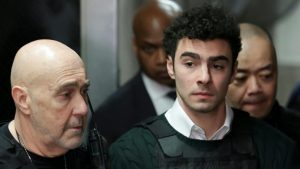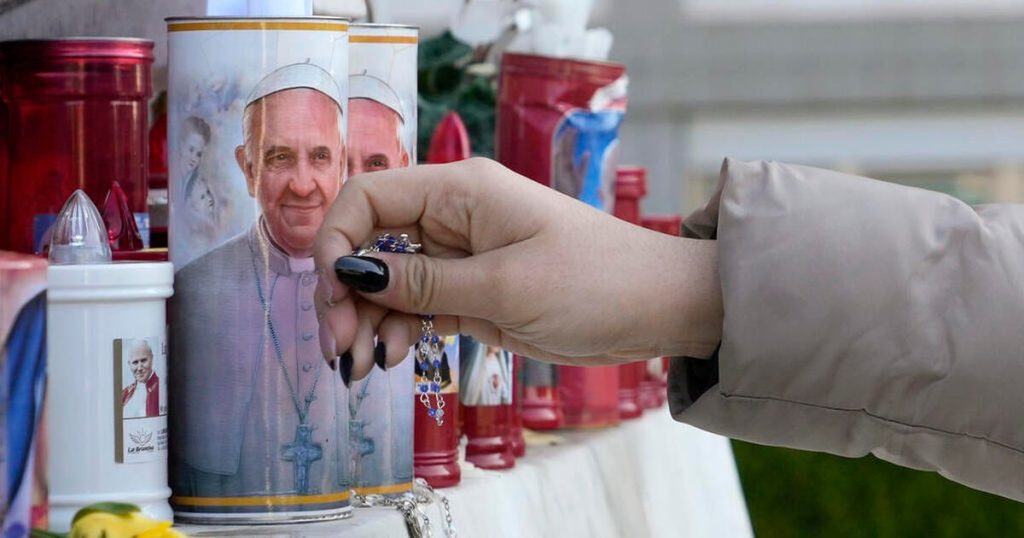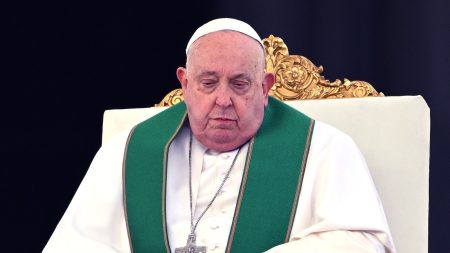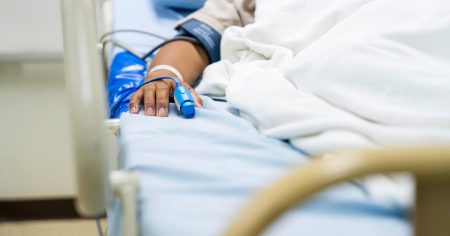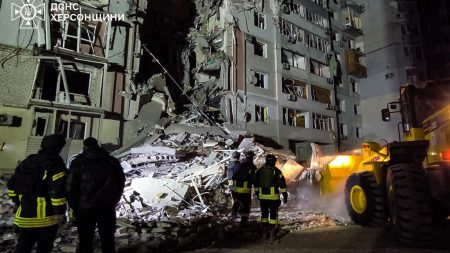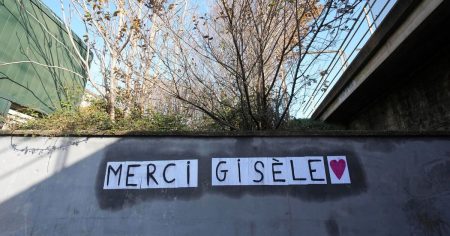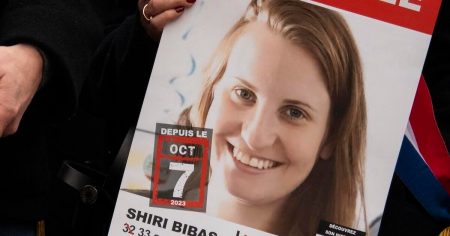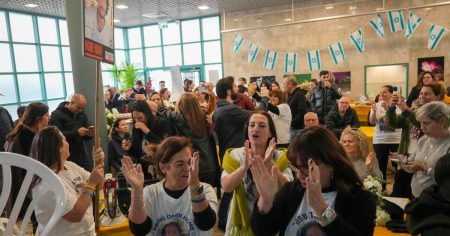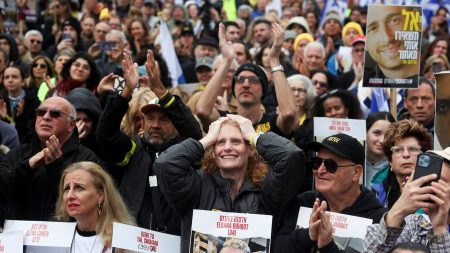The Holy Year Continues: Celebrations Proceed Without the Pope
The Vatican’s Holy Year, a rare and significant Jubilee celebration occurring once every quarter-century, continues unabated despite the absence of its spiritual leader, Pope Francis. The Jubilee Year, a time of forgiveness, reflection, and renewal, has drawn millions of pilgrims to Rome. The year-long event, inaugurated by Pope Francis, is a testament to the Catholic faith’s enduring traditions. However, the Pope’s unexpected hospitalization has cast a shadow over the festivities, reminding the global Catholic community of the fragility of its leader. The Vatican has ensured that the celebrations proceed, with other clergy stepping in to maintain the spiritual momentum. This period of reflection and prayer has taken on a deeper dimension as the faithful pray for the Pope’s recovery, illustrating the resilience and solidarity of the Catholic community.
The Pope’s Health: A Precarious Battle with Pneumonia
Pope Francis’s health has become a focal point of concern for the Vatican and its followers worldwide. The 88-year-old pontiff is battling a severe respiratory infection, including pneumonia in both lungs, which led to his hospitalization on February 14. His condition is precarious, with doctors emphasizing that while he is responding to treatment, he remains vulnerable. The Pope’s history of chronic lung disease adds complexity to his current state, making his recovery a challenging and delicate process. This situation underscores the resilience and determination that have characterized his papacy, as he continues to inspire through his fortitude in the face of health adversity.
Medical Update: The Risks and Response to the Pope’s Condition
The medical team attending to Pope Francis has highlighted the critical risks associated with his condition, particularly the threat of sepsis, a potentially life-threatening complication. Dr. Sergio Alfieri, a leading surgeon, explained that sepsis, combined with the Pope’s respiratory issues and age, presents a significant challenge. Despite the risks, there are encouraging signs, as the Pope is responding positively to antibiotics and cortisone. The medical team’s cautious optimism reflects the careful balance of modern medicine and the naturalcourse of recovery. The transparency with which the Vatican has shared medical updates underscores the trust placed in the Pope’s care and the understanding of his global influence.
The Pope’s Resolve: Reluctance to Rest and Devotion to Duty
Pope Francis’s determination to continue his duties despite ill health is a hallmark of his papacy. His initial reluctance to hospitalize, driven by a commitment to both institutional and personal responsibilities, reflects his unwavering dedication. This resolve is not new; throughout his papacy, Francis has prioritized his mission over personal comfort, embodying a deep sense of duty and service. His personal physician, Dr. Luigi Carboni, noted that while the Pope understands the gravity of his condition, his commitment to his role remains unshaken. This steadfastness resonates deeply with his followers, who see in him a leader whose faith and resolve inspire.
The Faithful React: Prayers and Support for the Ailing Pontiff
The news of Pope Francis’s illness has sparked an outpouring of prayers and support from the global Catholic community. Pilgrims and the faithful have gathered at the Vatican, offering prayers and leaving tokens of their devotion, such as rosaries and candles, outside his hospital. Deacons and clergy have emphasized the Pope’s spiritual presence, even in his physical absence, highlighting the unity of faith that transcends distance. The Advent of social media has amplified these expressions, with messages of hope and solidarity flooding digital platforms. These responses reflect the Pope’s profound impact on the hearts of many, who view him as a shepherd guiding them through life’s challenges.
The Bigger Picture: Implications for the Church and Succession
Pope Francis’s health challenges have naturally raised questions about the future leadership of the Catholic Church. While he has shown no signs of resigning, the precedent set by Pope Benedict XVI’s retirement in 2013 has opened discussions on papal succession. Francis has increasingly delegated responsibilities, but any speculation about his resignation remains premature. The broader implications of his health issues highlight the Church’s adaptability and the enduring relevance of its spiritual mission. As the Pope recuperates, the Church remains focused on its core values of compassion, unity, and service, ensuring that the legacy of Pope Francis endures regardless of his physical presence. The Vatican continues to navigate this challenging period with grace, maintaining the balance between tradition and modernity.


